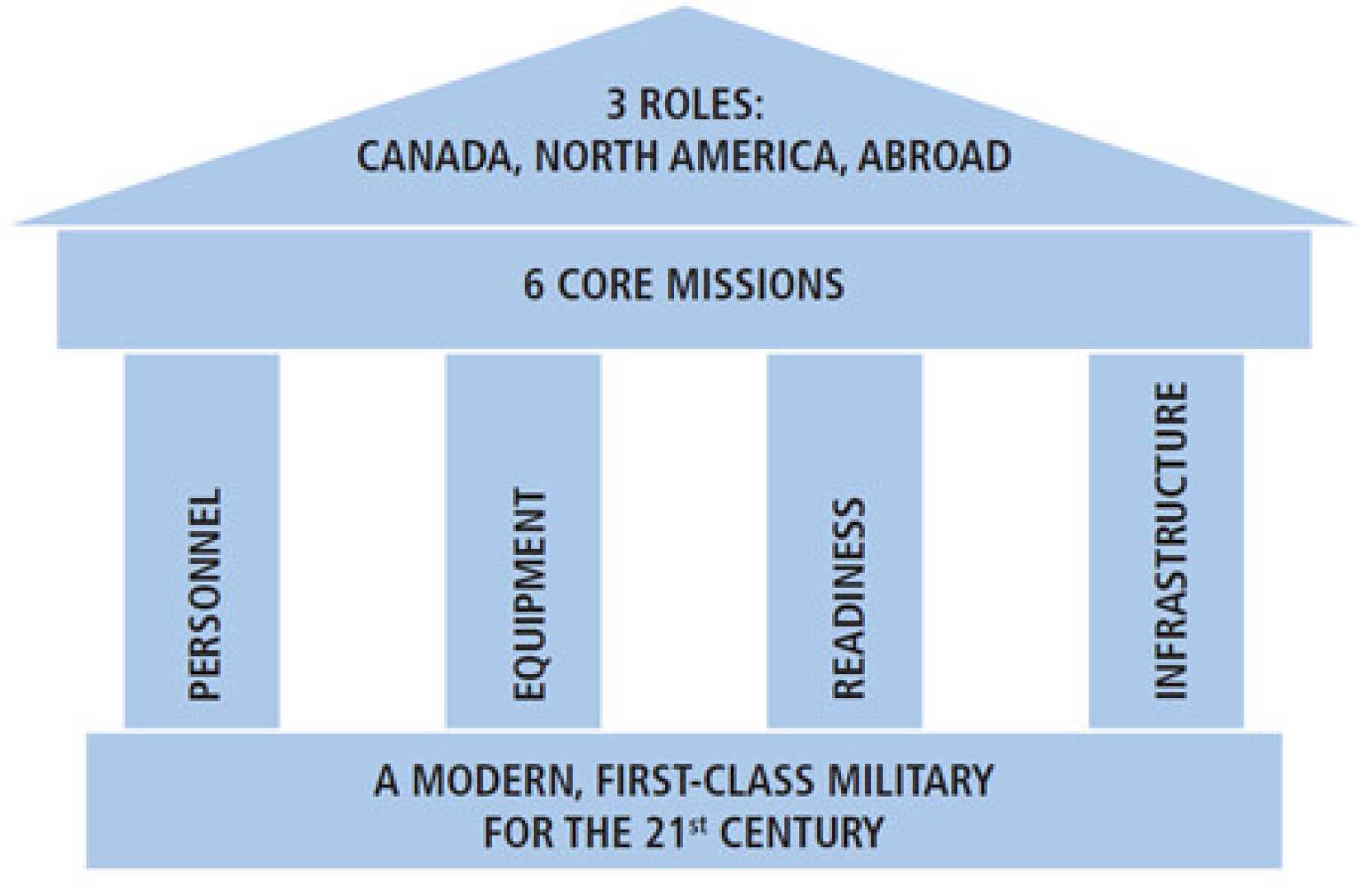News
Canada Faces New Military Challenges Amid U.S. Tensions

OTTAWA, Canada – For centuries, Canada has taken pride in its peaceful stance and minimal military focus. However, recent developments in U.S. politics have forced Canadians to reconsider their national defense strategy amid growing tensions.
The shift comes as U.S. leadership has made aggressive statements regarding Canada, accompanied by a notable repositioning of its military forces. This scenario has led to questions about Canada’s preparedness and ability to defend itself, as Donald Trump‘s rhetoric escalates.
Historically, Canada has enjoyed relative security due to its strong ties with the United States. Since its founding, the nation has not faced a direct invasion, relying instead on alliances and a reputation for peacekeeping. The War of 1812 was a critical moment that demonstrated the influence of British support, which has not been necessary in modern times.
In light of these changes, military and security experts have cited concerns about Canada’s defense capabilities. Currently, discussions are underway about implementing a ‘whole society defense’ model, similar to that of Finland, which has successfully navigated its proximity to a more militarily aggressive neighbor.
Matti Pesu, a senior research fellow at the Finnish Institute of International Affairs, emphasized the importance of mobilizing all societal resources in defense strategies. He stated that Finland’s approach does not aim to match adversarial military might but rather to create conditions that deter invasion by making it less appealing for invading forces.
Experts suggest that Canada could learn valuable lessons from Finland’s conscription and government preparation for conflict. Finland ensures that all sectors, from healthcare to media, are integrated into national defense planning, fostering a culture of readiness.
Canadian Prime Minister Mark Carney has announced plans to increase military spending significantly, targeting 5% of GDP by the end of the decade. However, the timeline for achieving readiness has been pushed to 2032, raising concerns about whether Canada can adapt quickly enough to emerging threats.
As many Canadians ponder the necessity of a reinvigorated military approach, the question remains: what events might trigger the realization that robust national defense is essential? Without change, Canada risks its place as a stable democracy in a rapidly changing global landscape.












